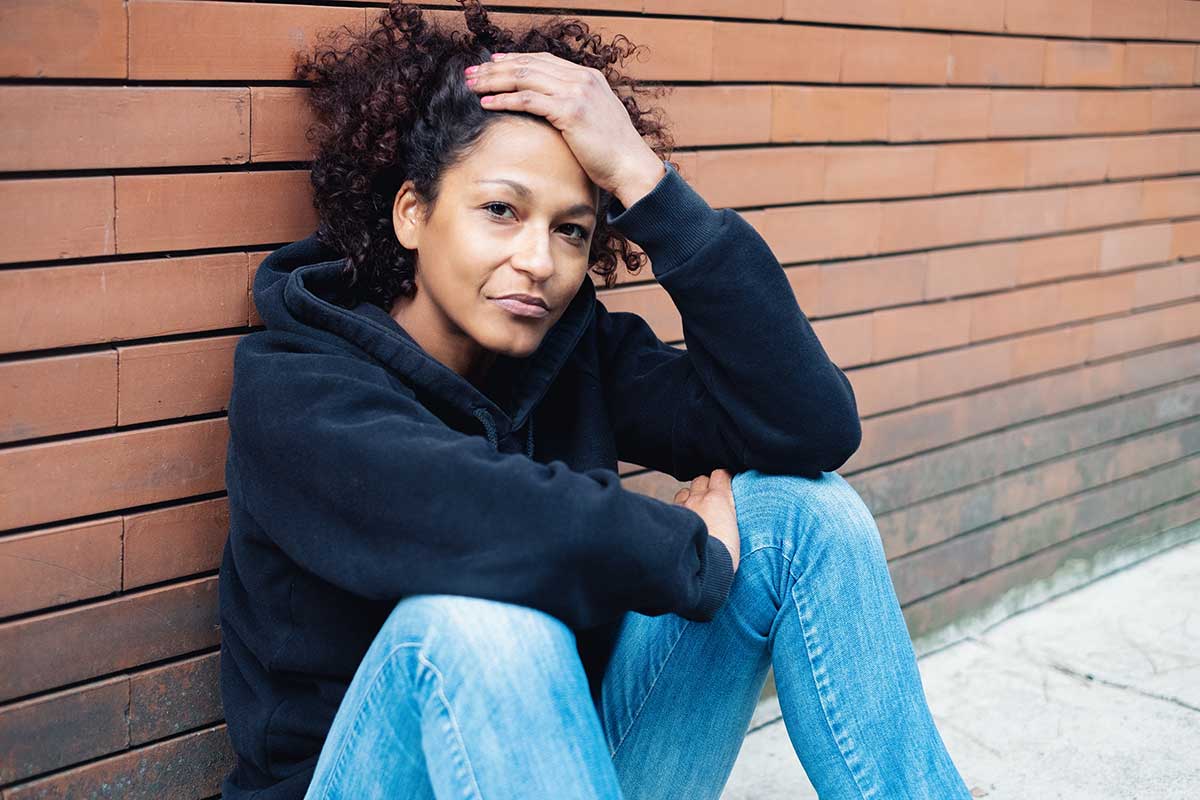Opiates are highly addictive substances. That means your body and brain become so used to them, not taking them can lead to numerous health complications as well as cravings. When it’s hard to stop using opiates, or you feel ill when you do, that could mean you’re experiencing opiate withdrawal. At BrightView, we offer a comprehensive opiate use disorder treatment center that can help you get through this difficult experience.
Common Symptoms of Opiate Withdrawal
A variety of factors play a role in the type and severity of the symptoms you’ll experience. These can occur when you are using opiates for pain relief or illicitly. If you feel these opiate withdrawal symptoms, it’s important to seek help from an opiate use disorder treatment program.
- Muscle pain and aches
- Restlessness, unable to settle down
- Runny nose
- Excessive sweating
- Increasing anxiety
- Inability to sleep but being tired all of the time
This typically occurs during the first 24 hours of not using the opiates. You may feel ill or just not having a good day. Yet, in the back of your mind, you may feel as though you are thinking about and even craving the drugs.
Ongoing Opiate Withdrawal Symptoms
It is also common to experience symptoms that change in the next 72 hours. That may include abdominal cramping and diarrhea. Some people experience high blood pressure and a fast heart rate. You may also feel nausea and vomiting. It is possible to have more intense and severe symptoms in some situations. This may occur in those who have used drugs for a long time or who use drugs in a significant amount. When this happens, you may feel violently ill. In some situations, seizures can occur. You may develop heart rhythm irregularities.
What Happens During Opiate Withdrawal?
Opiates impact the way the brainstem functions as well as how it manages pleasure and pain signals. Over time, your body becomes so used to it that when you stop using them, especially suddenly, it struggles to get back to functioning normally. When you take opiates like this, you may need to use more of the same drug to get the same results. That’s occurring as your body gets used to the drug. That’s also an indication that you may have an addiction and may experience opiate withdrawal when you do stop using it. Because of the way opiates interact with the brain’s receptors, they may become dependent on the drug. Stopping access to it creates the symptoms you’re having.
How an Opiate Use Disorder Treatment Center Can Help
If you are going to experience opiate withdrawal, doing so in a treatment center is best. There are several reasons for this. Most importantly, you will be able to get help for any physically adverse outcomes of withdrawal. There is a team of professionals available to help you. Also, you will have access to medications that can reduce those symptoms completely. When you are ready to start on this path, reach out to our opiate use disorder treatment center. We can offer resources to help you. That includes:
- Outpatient treatment programs
- Medication-assisted treatment
- Addiction recovery treatment options
- Counseling and individual therapy for addiction
- Peer recovery supporters
As a comprehensive treatment program, we can help you avoid the onset of more complex health problems. In addition to this, we can guide you back to living a healthy life.
Take the First Step in Getting Treatment – Call BrightView Today
If you think you have opiate withdrawal, or that you may struggle with it if you stop using, now is the time to take action. Our opiate use disorder treatment center at BrightView can help you. You can reclaim your life and not have to suffer the symptoms of opiate withdrawal. Call us at 833-510-4357 to learn more.
